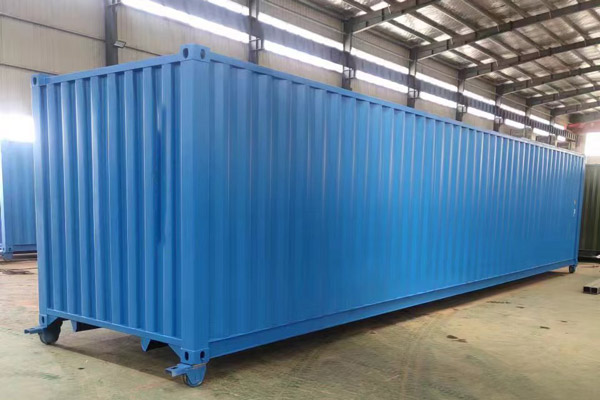In recent years, the logistics industry has increasingly recognized the importance of sustainability, particularly in the realm of container transportation. As globalization continues to expand trade networks, the environmental impact of shipping has come under scrutiny.
Green logistics refers to the integration of environmental considerations into logistics operations and supply chain management. The primary goal is to reduce the carbon footprint and enhance sustainability while maintaining efficiency and profitability. With the shipping industry contributing significantly to global greenhouse gas emissions, adopting green logistics practices is crucial for mitigating climate change and preserving natural resources.
One of the primary areas where sustainability is being prioritized is in the design and manufacturing of containers. Modern containers are increasingly being constructed from lighter and more durable materials, which helps to reduce fuel consumption during transportation. Furthermore, the use of modular container designs allows for more efficient stacking and storage, optimizing space utilization on ships and reducing the number of trips needed.
The shipping industry is also investing in energy-efficient technologies to lower emissions. Many shipping companies are retrofitting their vessels with advanced propulsion systems and energy-efficient engines. For example, some are using liquefied natural gas (LNG) as an alternative to traditional fuel, significantly reducing the sulfur and nitrogen emissions associated with shipping. Additionally, the implementation of hull modifications and the use of wind-assisted propulsion technologies, such as sails and kites, are emerging as viable options for further reducing fuel consumption.
Ports play a critical role in container transportation, and many are adopting sustainable practices to minimize their environmental impact. This includes investing in renewable energy sources, such as solar and wind power, to meet their energy needs. Ports are also implementing electric or hybrid-powered machinery to reduce emissions from cargo handling operations. Moreover, enhancing the efficiency of port operations through improved logistics and technology can minimize congestion and reduce the overall environmental footprint.

Digital technologies are transforming the logistics industry, providing new opportunities for sustainability in container transportation. The use of data analytics and the Internet of Things (IoT) enables companies to optimize routes, monitor fuel consumption, and predict maintenance needs, leading to more efficient operations. Additionally, digital platforms facilitate better coordination among supply chain partners, reducing delays and minimizing waste.
Achieving sustainability in container transportation requires collaboration among various stakeholders, including shipping companies, port authorities, and regulatory bodies. Many organizations are forming partnerships to share best practices and develop industry standards for sustainability. Initiatives such as the Clean Cargo Working Group and the Global Logistics Emissions Council are examples of collaborative efforts aimed at reducing the environmental impact of logistics operations.
Despite the progress made in implementing sustainable practices, challenges remain. The initial investment required for green technologies can be substantial, and the regulatory landscape is continually evolving, presenting uncertainties for companies. Additionally, the lack of standardized measures for sustainability in logistics can make it difficult for stakeholders to assess their environmental impact accurately.
Looking ahead, the future of green logistics in container transportation will likely be shaped by ongoing technological advancements, stricter environmental regulations, and increasing consumer demand for sustainable practices. As the industry continues to adapt, it will be crucial to foster innovation and collaboration to create a more sustainable and efficient logistics ecosystem.
Green logistics is not merely a trend; it is becoming an essential aspect of container transportation as stakeholders recognize the need for sustainable development practices. By investing in innovative technologies, enhancing port operations, and fostering collaboration, the logistics industry can play a pivotal role in addressing environmental challenges. As we move forward, the commitment to sustainability will not only benefit the planet but also enhance the resilience and efficiency of global supply chains.


